Federal budget expected to take a hit from Victoria’s fiscal woes
The Albanese government is expecting next week’s federal budget to take a hit from Victoria’s Covid debt levy, as economists warn the state’s weak fiscal outlook is likely to become an increasing drag on the nation’s finances.
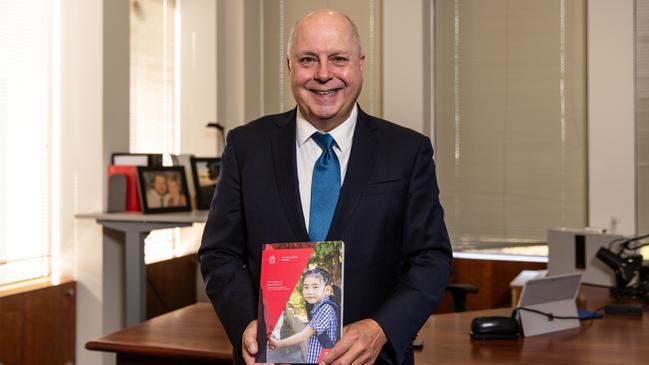
The Albanese government is expecting next week’s federal budget to take a hit from Victoria’s Covid debt levy, as economists warn that the southern state’s weak fiscal outlook is likely to become an increasing drag on the nation’s finances.
As Victorian Treasurer Tim Pallas prepares to hand down his 10th budget on Tuesday, Premier Jacinta Allan has promised cost-of-living relief for families, seeking to blame the Covid pandemic, international conflicts, inflation and high interest rates for net state debt expected to reach $177.8bn by 2027 – a position experts and the state opposition say is self-serving.
Last year’s state budget – Daniel Andrews’s last as premier – introduced land and payroll taxes to repay over the next decade $31.5bn of debt attributed to the Covid pandemic.
At the time, AMP chief economist Shane Oliver estimated the levy could cost the federal budget as much as $2.6bn over four years in commonwealth tax offsets.
Communications between federal Treasury and Jim Chalmers’s office, obtained via Freedom of Information laws, show the former expects Victoria’s increases in land tax will “increase deductions available to individuals who own a rental property, whether negatively or positively geared”.
While the documents state the impact of the state government policy is expected to be factored into federal budget forecasts, the federal Treasurer’s office on Monday said it was unable to provide figures to quantify the cost.

Dr Oliver said Victoria was the weakest of Australia’s large states fiscally, and its credit rating remained vulnerable.
“It did face a lot of criticism regarding the Covid levy hit on business and property investors. It may well be one factor explaining why the Melbourne property market is weaker than other cities,” he said.
“(Covid levy) deductions from federal income tax do mean the federal government picks up part of the bill, and that’s an ongoing issue. Victoria should be looking for ways to contain its further spending growth, as Canberra should be as well.”
Dr Oliver said while there was some truth to Ms Allan’s argument that Victoria’s economy had been impacted by a volatile global economy, “you can’t just blame everything on international developments … I think it is a bit self-serving”.
“The issue with energy prices, governments in Australia have made that worse. Victoria could have invested in more gas and they would have benefited from high gas prices,” he said.
“Victoria was harder hit by Covid, but then it locked down a lot harder and that affected confidence to a greater degree.
“You could also argue that it’s gone down the path of major projects in a less sustainable way than NSW has.”
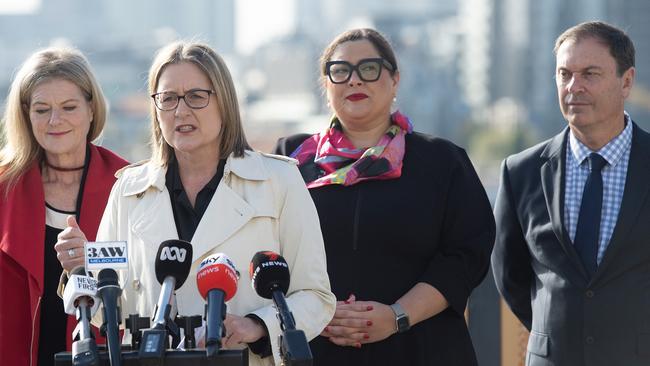
S&P global ratings director and lead analyst Martin Foo said he similarly gave Ms Allan’s arguments “short shrift”.
“There was a lot of spending during the pandemic, but the pandemic ended two years ago, so yes, some of those international factors – high interest rates, high energy prices – they have an impact absolutely, but Victoria is not the only government dealing with those challenges and everybody else dealing with those challenge seems to have better outcomes,” Dr Foo said.
S&P director of sovereign and international public finance Anthony Walker said Victoria’s AA credit rating – the worst of any Australian state – was unlikely to improve soon.
“For a downgrade, we’d need to see continued investment in infrastructure and debt rising, which is what’s happening. For a return to AA+ we’re a long way away, and it needs significant fiscal discipline to achieve over many years,” he said.
Asked what Victorians could expect from Tuesday’s budget, Ms Allan said: “We know Victorian families are doing it tough right now and are facing those cost pressure and cost of living challenges that have come about as a consequence of the global pandemic, global unrest, and also inflationary and interest rate pressures, and we are focused on that, we are focused on how we can support Victorian families, as Labor governments always do.”
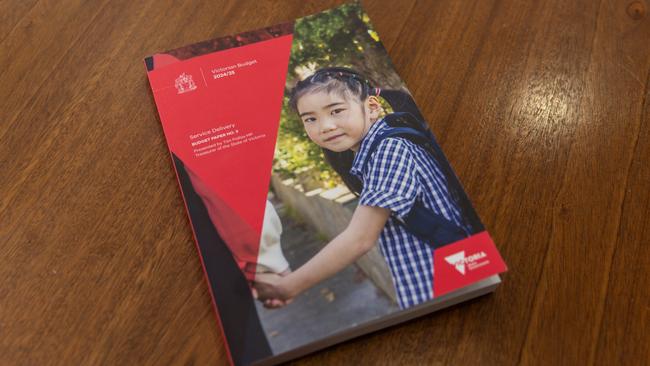
Opposition Treasury spokesman Brad Rowswell called on the government to “stop blaming Covid” for its debt.
“Their current debt levels way surpass the debt ratcheted up over Covid. Stop blaming Covid. Start taking responsibility,” he said.
More Coverage
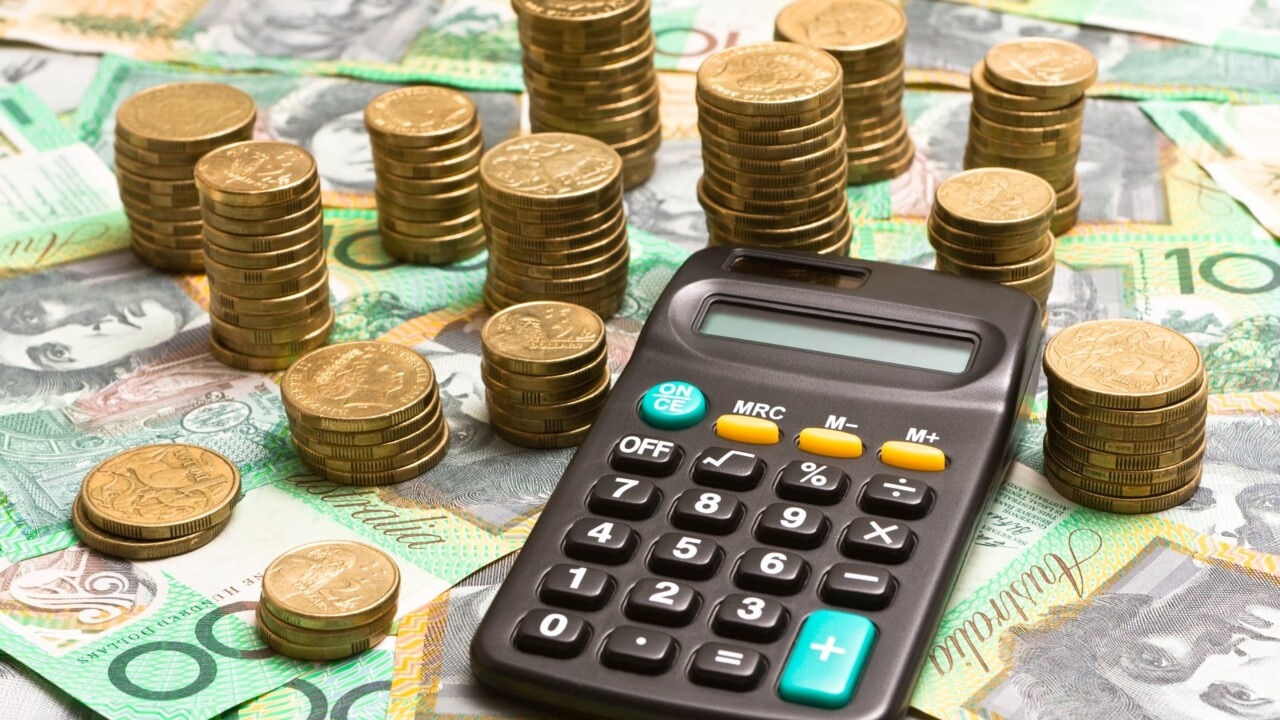



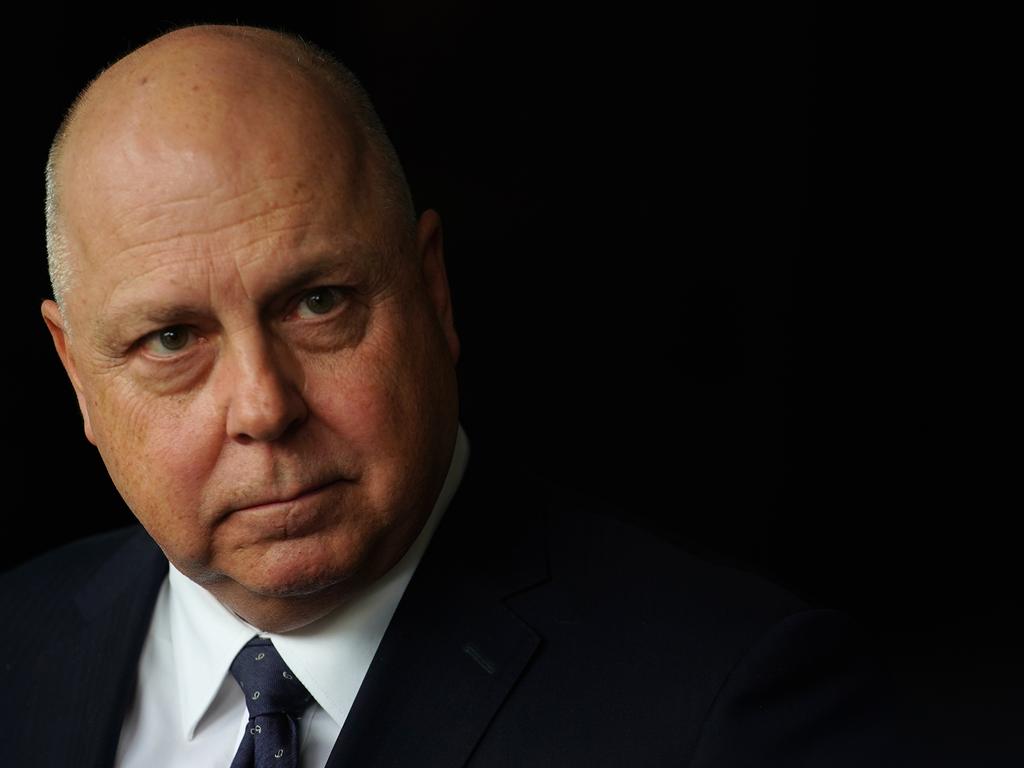



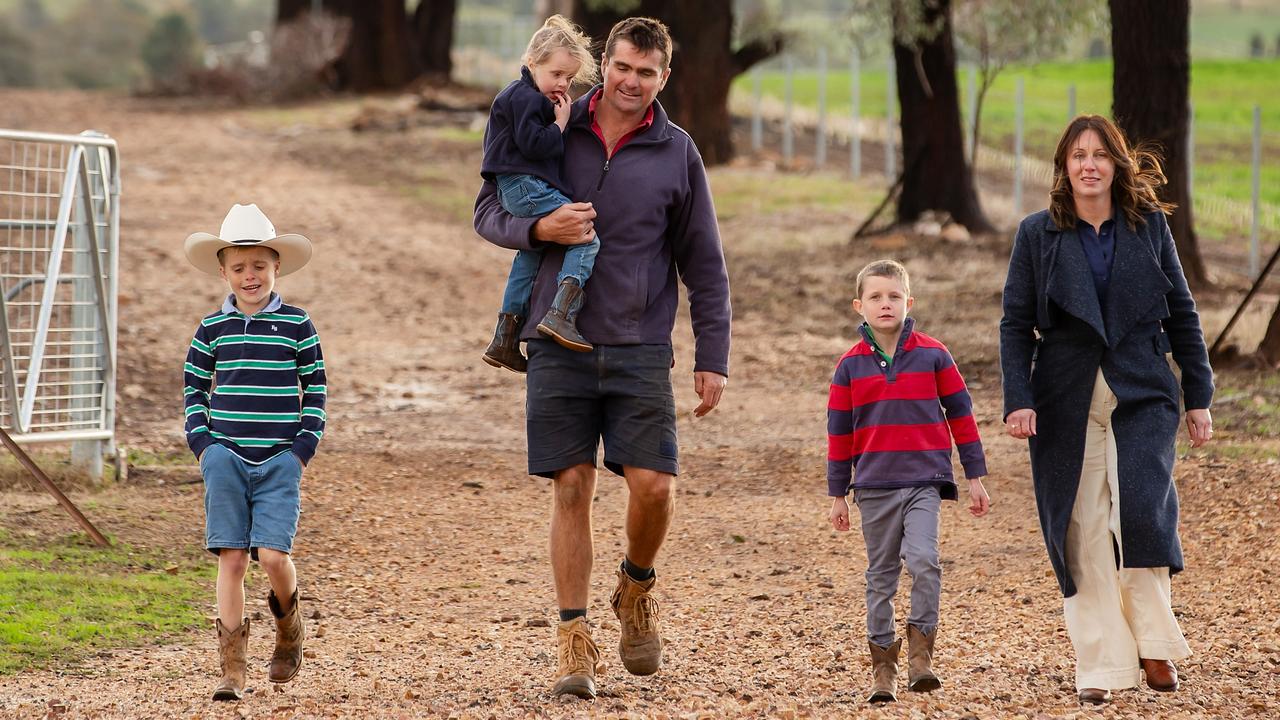
To join the conversation, please log in. Don't have an account? Register
Join the conversation, you are commenting as Logout